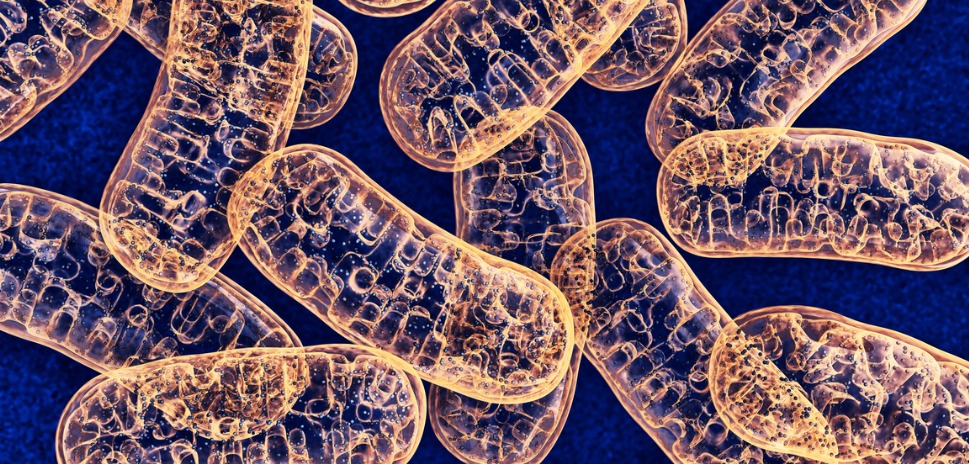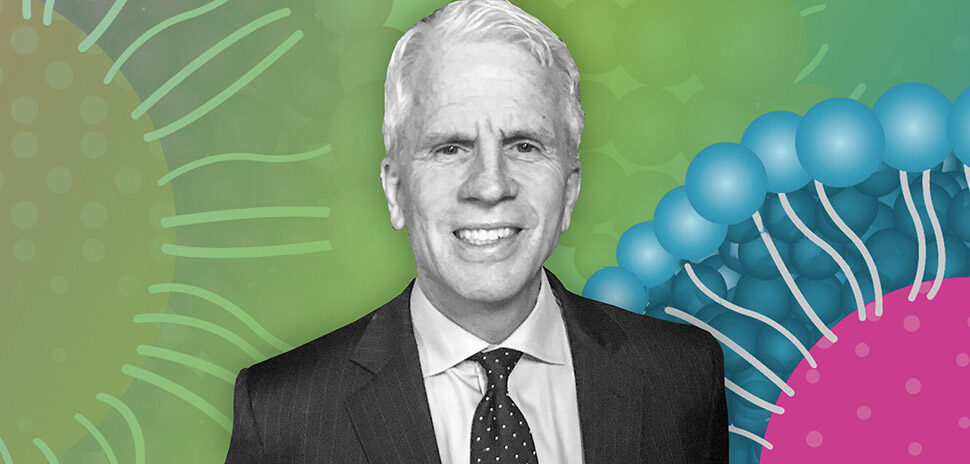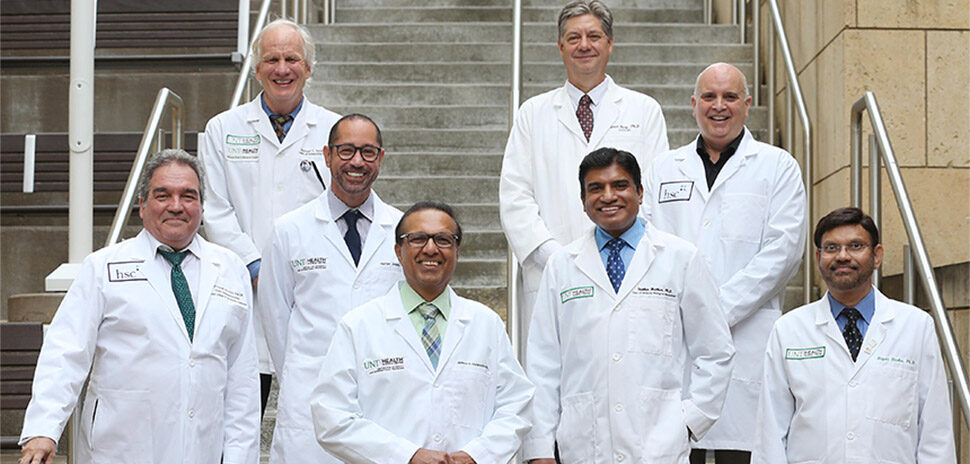HELPING MITOCHONDRIA RECOVER FROM STRESS
![]() A discovery by researchers at the University of Texas at Arlington could lead to the development of new treatments for cancers and some neurological disorders.
A discovery by researchers at the University of Texas at Arlington could lead to the development of new treatments for cancers and some neurological disorders.
The researchers have identified proteins that help mitochondria recover from stress, according to UTA. Mitochondria are cell organs with multiple functions. Included in those functions are the production of cellular energy and the metabolism of amino acids and lipids. Additionally, mitochondria regulates programmed cell death.
A signaling pathway is created when mitochondria is stressed and a protein enters the cell nucleus and binds to specific DNA sequences that unlock genes to help repair the mitochondria. The pathway is called the mitochondrial unfolded protein response or UPR, the school said.
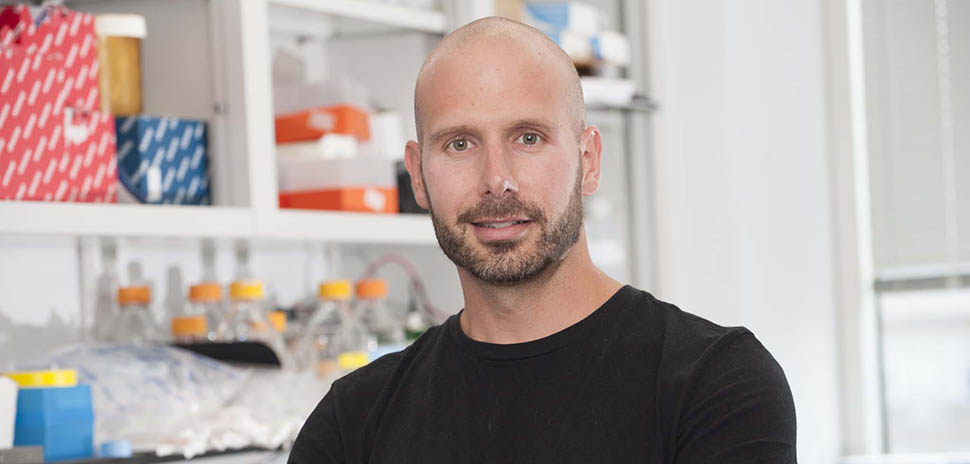
Mark Pellegrino of the University of Texas at Arlington. [Photo courtesy of UT Arlington]
“We identified the protein ATFS-1 as the regulator of the UPRmt signaling pathway in C. elegant, a primitive worm that we study as it shares many characteristics with human biology. Recently, ATF5 was found to encode a homologous protein in mammals, with similar mitochondrial and nuclear localization sequences,” Mark Pellegrino, assistant professor of biology and lead author of the study published in the Journal of Biological Chemistry, said in the release.
UTSW RESEARCH COULD USHER IN PERSONALIZED BREAST CANCER TREATMENT
Research at UT Southwestern Medical Center could lead to a test that predicts a patient’s response to a particular drug used to fight breast cancer.
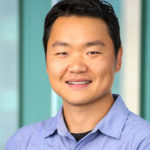
Yonghao Yu [Photo: U TSW]
The researchers have developed a method to map protein changes that happen in subtypes of breast cancer cells in response to DNA damage from PARP1 inhibitors, a new class of chemotherapy drugs.
“Using patented technology we developed at UT Southwestern, we identified very different PARP1 signatures in various breast cancer subtypes,” Dr. Yonghao Yu, associate professor of biochemistry, said in a release. Yu is corresponding author of the study published in Cell Reports.
Yu compared those signatures to bar codes at the grocery store, and said they reveal how proteins from breast cancer subtypes are modified differently by the enzyme PARP1 or poly (ADP-ribose) polymerase 1.
The enzyme is critical to the cancer cell’s DNA repair response to chemotherapy that damages DNA, the cell’s genetic material, Yu said.
By predicting how a patient might respond, Yu said it would be a step toward a personalized treatment for breast cancer.
AIR FORCE AWARDS UNT PROF $900K FOR ALLOY RESEARCH
A professor at the University of North Texas and his research group have received a $900,000 grant from the Air Force Office of Scientific Research to develop and investigate multiphase high entropy alloys.
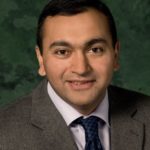
Raj Banerjee [Photo: UNT]
Also called complex concentrated alloys, the materials are expected to revolutionize aircraft construction, according to the university.
“This new class of materials is expected to substantially improve the performance of aircraft structural components by enhancing their mechanical properties, including fatigue and creep properties, at room and high temperatures,” University Distinguished Research Professor Raj Banerjee said in the release. Banerjee is part of the Department of Materials Science and Engineering.
The university said that high entropy alloys transform the traditional alloy process by using concentrated levels of multiple alloying elements, instead of just one.
![]()
Get on the list.
Sign up to keep your eye on what’s new and next in Dallas-Fort Worth, every day.
And, you’ll be the first to get the digital edition of our new Dallas Innovates magazine:
The annual edition publishes in January

